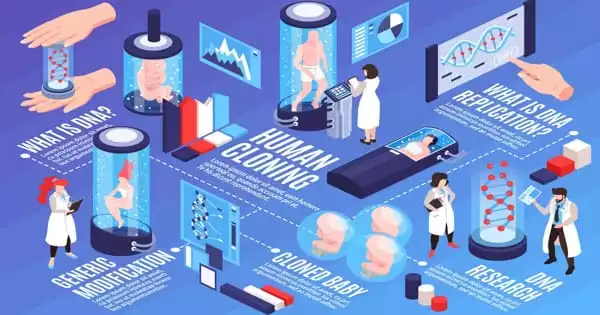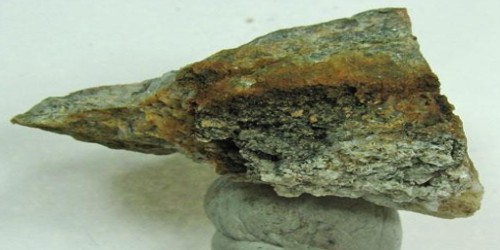Cloning is a sophisticated technological invention that creates a genetic twin of a living thing, an organism that begins life with the same genes as its parents. In mammals, DNA is extracted from an adult animal and inserted into the egg cell of another animal. This egg then divides and develops into an embryo. The embryo is then implanted into a surrogate mother and grows to the size of a tern. This process has been successful in animals such as cows, sheep, goats, mice, and pigs, but not in rabbits, rats, cats, dogs, monkeys, or horses.
Researchers at Scotland’s Roslin Institute, led by embryologist Ian Wilmut, announced in 1997 that they had successfully cloned a sheep named Dolly from an adult ewe’s cell. Scientists at the University of Hawaii cloned a mouse in 1998, producing not just dozens of copies, but three generations of cloned clones. Two research teams succeeded in growing embryonic stem cells in the same year.
The first human embryo was cloned by scientists in November 2001. From a scientific standpoint, it was an unprecedented step forward in the field of genetic engineering technology, but the news caused consternation among moralists and governments. Mr. George W. Bush, President of the United States, has called human cloning “morally wrong.” “As a society, we should not grow life in order to destroy it,” said the President. “The use of embryos to clone is wrong.”
Many US states, including California, have outlawed cloning, and Congress is considering doing the same. “This corporation (ACT) is creating human embryos for the sole purpose of killing them and harvesting their cells,” said the company Advanced Cell Technology (ACT) in Worcester, Massachusetts, USA, which claimed to have cloned the first human embryo. The announcement of ACT sparked outrage across Italy and within the Vatican. The Italian Health Minister, Mr. Girolamo Sirchia, has called human cloning a crime against humanity. According to the Vatican Archbishop, the church opposes any form of human conception that is not the result of a loving act between a husband and a wife.
According to Dr. Robert P. Langa, one of the scientists at ACT, the experiments were aimed at assisting stem cell research to treat a wide range of diseases, providing hope for people with spinal injuries, heart diseases, and other ailments. This latest experiment “sets the pace for human therapeutic cloning as a potentially limitless source of immune compatible cells for tissue engineering and transplantation medicine.” The company stated that it has no plans to implant embryos into a woman’s womb in order to give birth to a cloned human being. Scientists believe that stem cells could be used to replace various body tissues and organs such as the heart, pancreas, and nervous system. Indeed, stem cell research holds the promise of a gold mine in the fight against diseases such as Alzheimer’s, Parkinson’s, diabetes, leukemia, lymphoma, and other blood disorders.
Why is human cloning being condemned when stem cell research could be so beneficial in curing various diseases in humans? The crux of the issue is that human cloning will not be stopped at stem cell research; its potential for gross abuse will turn it into a Frankenstein monster.
Opponents of human cloning argue that an embryo at any stage of development is a human life worthy of protection and that any research that involves destroying an embryo, no matter how noble the intent, turns human life into a commodity and fosters a culture of death humanization. Another group of anti-moralists believes that such outrage over cloning is unreasonable and illogical, and they ask flatly, “Why do we allow abortion?” We allow in vitro fertilization, which produces nine or ten embryos, all but one of which are destroyed. Worse is happening in our country, where parents eager to have a male child, with the help of doctors, are destroying lacs of female fetuses.
Scientists have begun to discuss designer babies, which theoretically allow us to genetically engineer our children, adding height or intelligence while removing defective genes or disabilities like cystic fibrosis or alcoholism. Human cloning supporters made a number of claims about how cloning could advance modern society and be a cure-all for a variety of diseases.
Every such invention has advantages and disadvantages. Human cloning could be used to destroy humanity and civilization as we know it. We have witnessed the spread of weapons of mass destruction, as well as the spread of germs and chemical warfare. Scientists, philosophers, thinkers, and philanthropists from all over the world spoke out against human cloning, fearful that the world has moved one step closer to the nightmare of humans replicated in the lab. Human cloning can tear society to pieces, it can endanger the very existence of human being in this world.
















